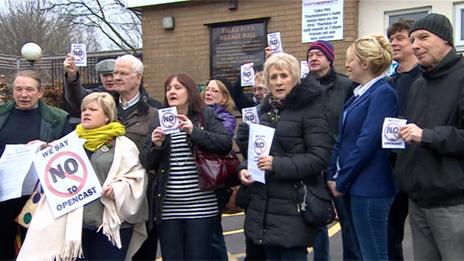Diglake Colliery: Memorial to mark Staffordshire mine disaster
- Published
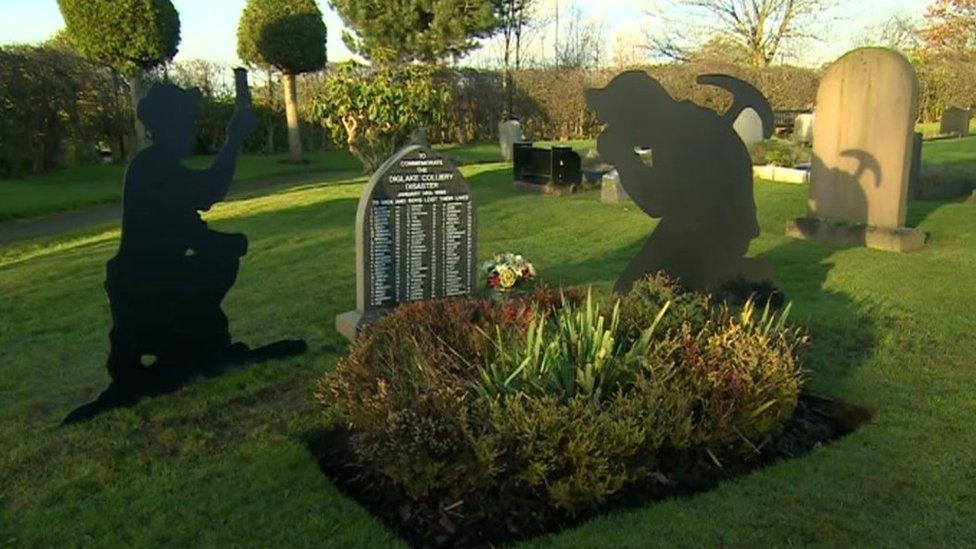
The steel statues were unveiled by the mayor of Newcastle-under-Lyme and the town's MP
The deaths of 78 people in a mining accident 125 years ago have been remembered at a memorial service.
Many of the bodies of the men and boys were never found following a flood at Diglake Colliery in Staffordshire on 14 January 1895.
A memorial walk started at 10:00 GMT at the site of the colliery ahead of the unveiling of two steel statues at Audley Methodist Church.
A minute's silence was held at 11:30, the time of the disaster.
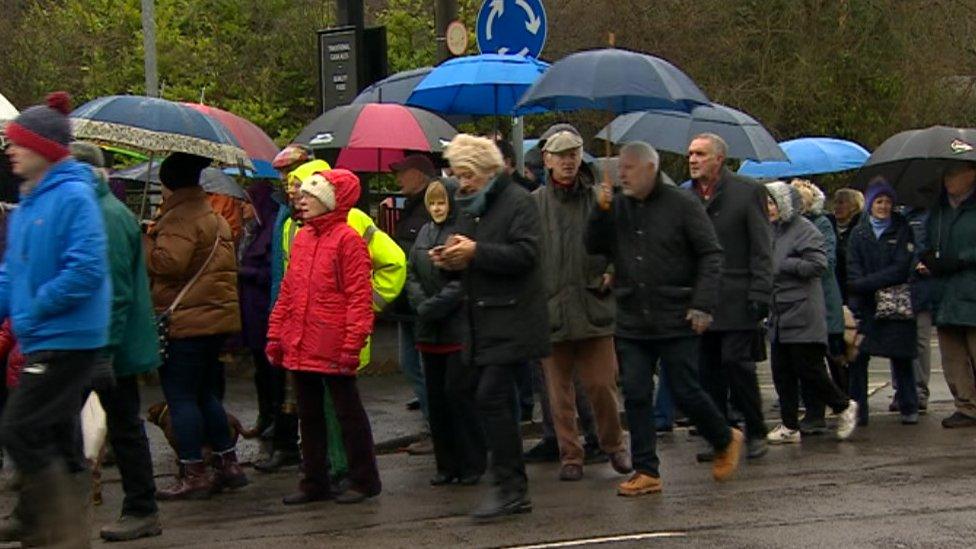
Crowds braved the wet weather to take part in the memorial walk, led by Audley Brass Band
An exhibition containing newspaper articles from the time, along with poems from relatives and other memorabilia are on display in the church until Tuesday, the anniversary of the disaster.
Only three bodies have ever been recovered. They were buried in the cemetery of the church.
Among those who died were Maisie Farrell's great-grandfather, William Roberts.
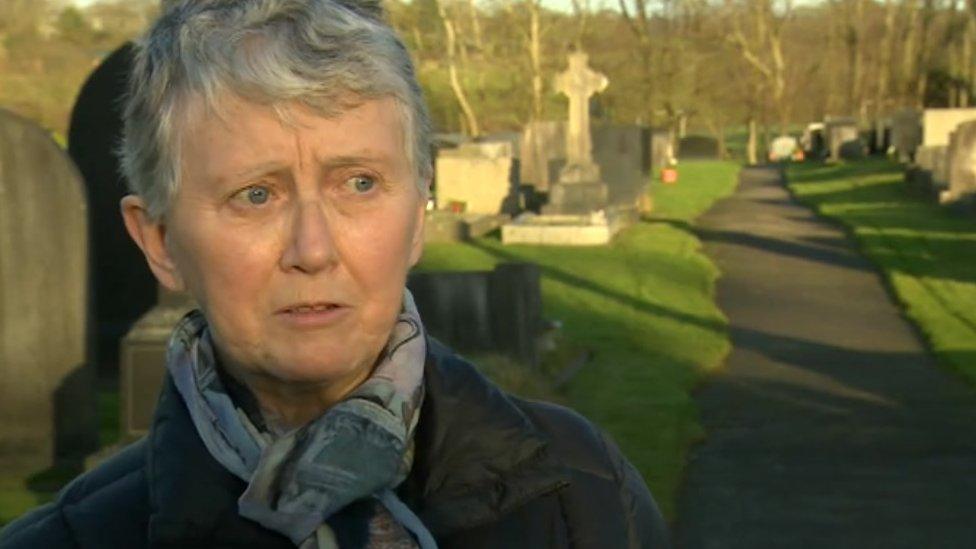
Maisie Farrell is the descendant of William Roberts who lost his life in the mine
Ahead of the event she said she remembered her grandfather telling her about the "knock-on effect" the deaths had on the community.
"There were people all dressed in black, crying in the streets," she said.
Bob Alcock, who helped organise the exhibition, said it was a "duty" to remember those who died.
"It's important [to remember] and hopefully it also reminds the younger generation of the sacrifices they made years and years ago," he said.
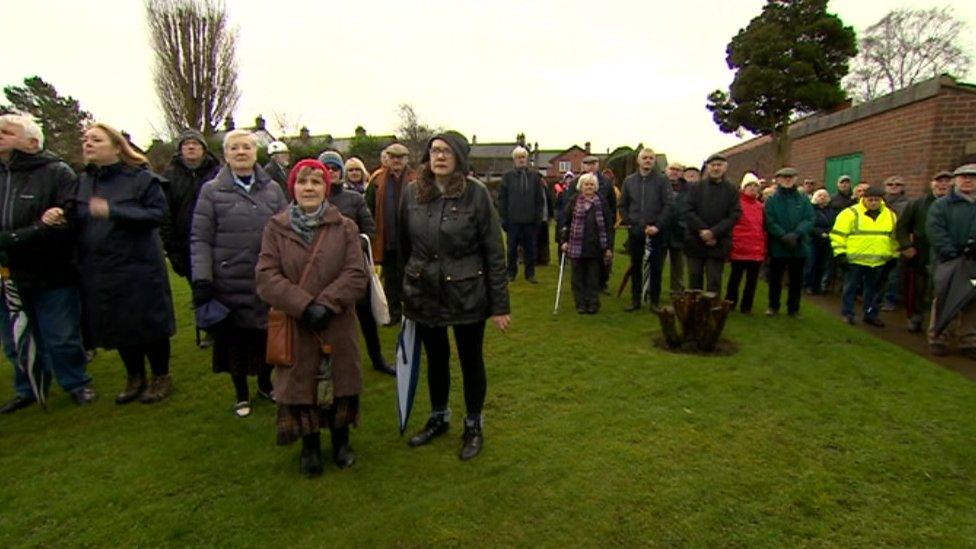
A minutes silence was held by the memorial to those lost in the disaster at Audley Methodist Church, where the new statues were unveiled
The statues of two kneeling miners were unveiled by Simon White, the mayor of Newcastle-under-Lyme, and the town's new constituency MP, Aaron Bell.
"We must continually remember as the [surrounding] villages were made on mining and made for the industry in the 1890s," Mr Alcock added.
"It's still very much a community event."
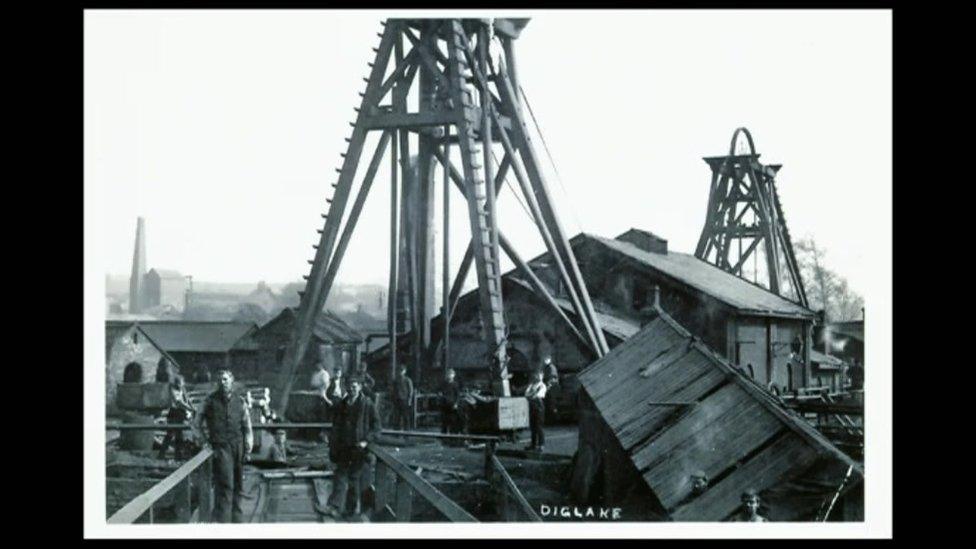
Men and boys died in the flood at Diglake Colliery
Follow BBC West Midlands on Facebook, external, on Twitter, external, and sign up for local news updates direct to your phone, external.
- Published2 February 2014
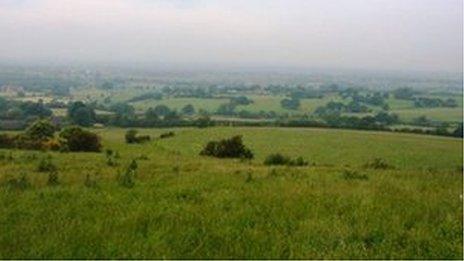
- Published16 March 2013
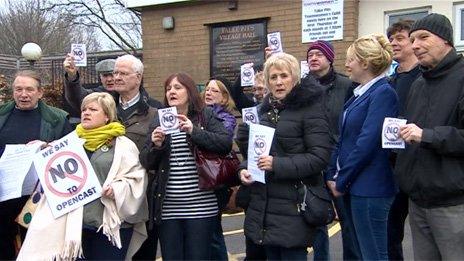
- Published7 March 2013
